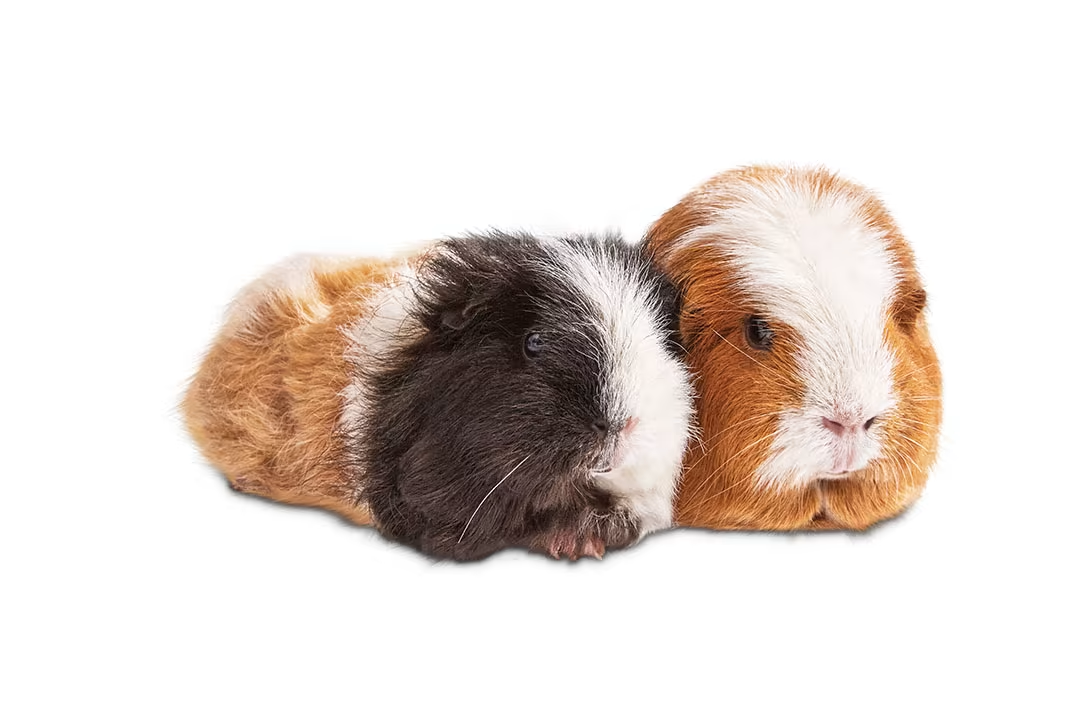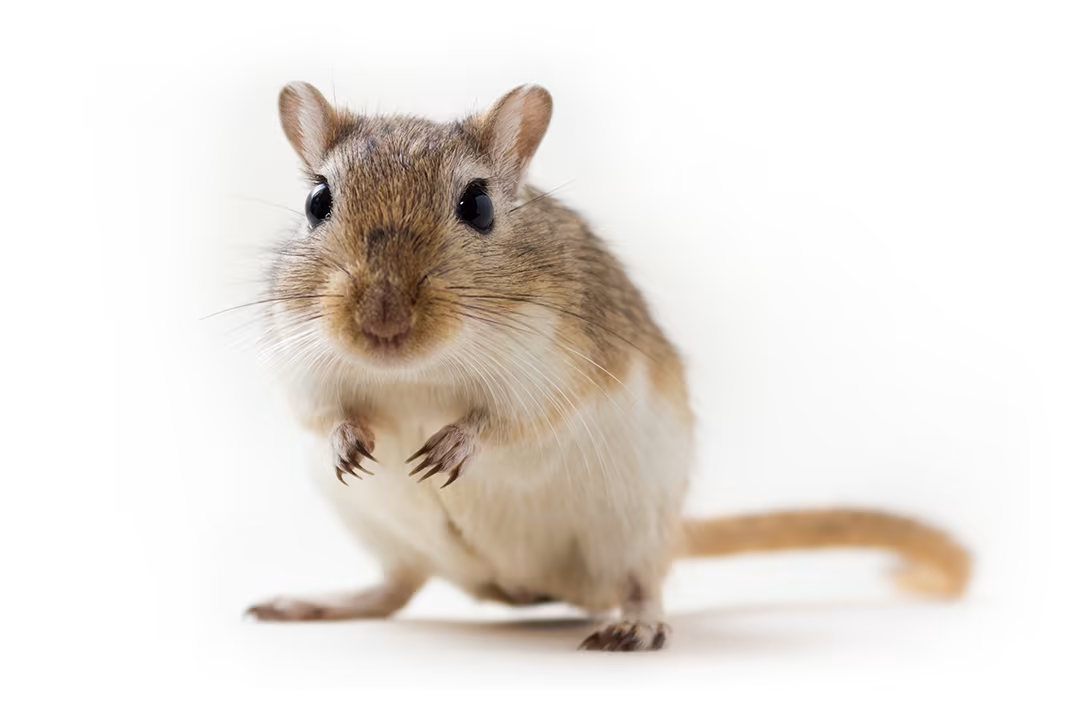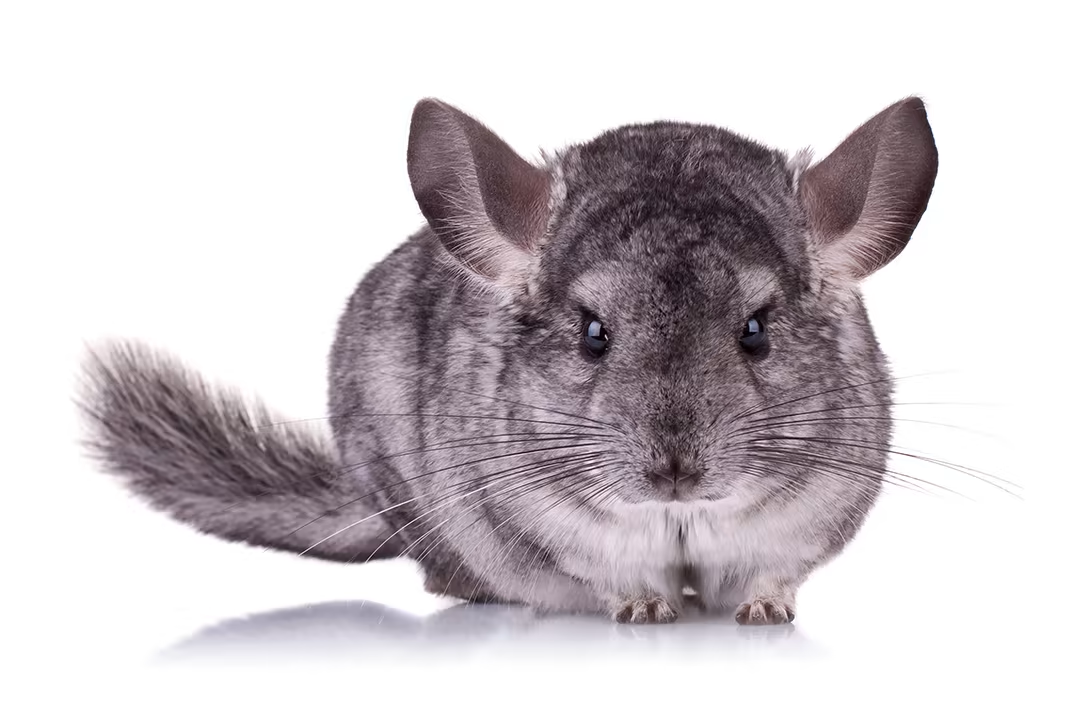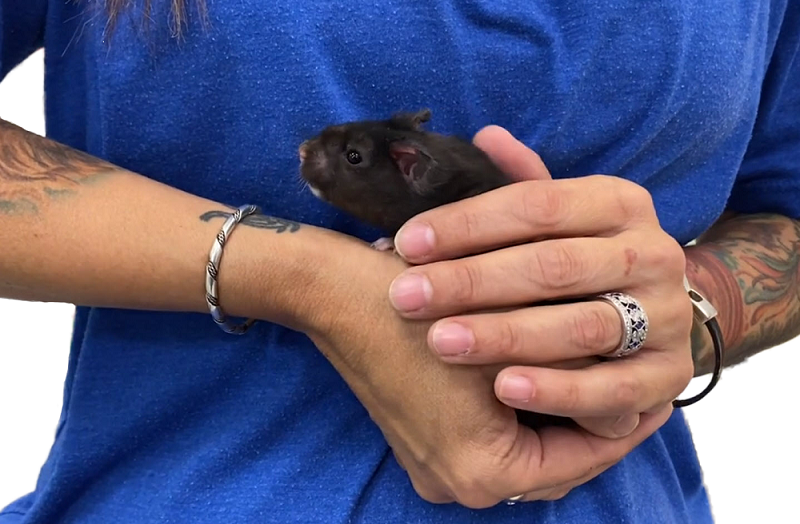Small Animal Care Tips
Explore free expert small animal care tips, guides, Q&As, and breakdowns of medications and health conditions
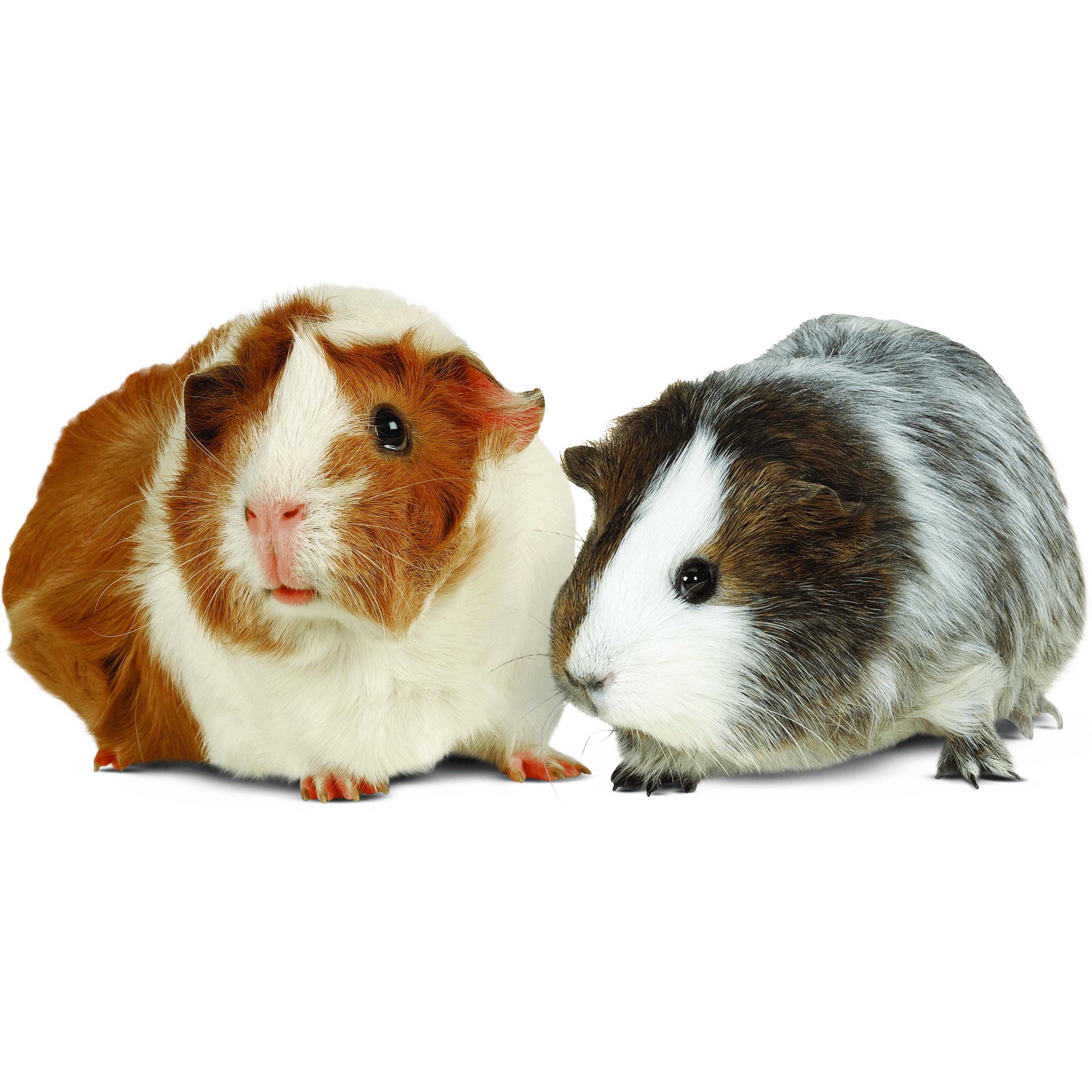
Vet Q&A
Show AllMy dog killed a rat. Do rats carry rabies? Should I be worried about any other diseases?
[Rabies](https://www.petcoach.co/dog/condition/rabies/) in rats and other small rodents is extremely rare. I would be more concerned with the possibility that the rat had been poisoned elsewhere and its weakness was why your dog was able to catch and kill it. Leptospirosis, an infectious disease that affects the liver and/or kidneys, is also a high risk from contact with rats. Other possible diseases your dog could contract from contact with rats are: • Rat Bite Fever (*Streptobacillus moniliformis* form). Dogs can be infected by the bacteria by biting or eating infected rats. Dogs do not themselves get sick, but serve as carriers for the infection, passing it along to humans. • [Tularemia](https://www.petcoach.co/article/tularemia-rabbit-fever-in-dogs) is caused by the *Francisella tularensis* bacterium. Rabbits, hares and rodents, including rats, are particularly susceptible to the organism, and often die in large numbers during an outbreak. If a dog eats a rat (or other animal) infected by this organism or drinks water contaminated by infected rodent waste, the dog can become ill as well as passing the disease on to humans. Symptoms in dogs include refusal to eat, fever, cough, vomiting, and diarrhea. If not caught and treated, it can lead to death. In humans the symptoms are specific to the mode of infection (deer fly, ticks, contaminated water, handling dead infected animals, etc.) but can include: chills, eye irritation, fever, headache, joint stiffness, muscle pain, ulcers on skin, shortness of breath, sweating and weight loss. • [Bubonic plague](https://www.petcoach.co/dog/condition/plague): dogs can become carriers of the *Yersinia pestis* bacterium if they are bitten by the flea of an infected rat. Dogs do not tend to be sickened by bubonic plague but can pass the disease on to human caretakers. • [Salmonellosis](https://www.petcoach.co/article/small-pet-rodents-can-pose-a-salmonella-risk-to-humans) can be transmitted to a dog that encounters the fecal material of rats, other rodents and especially reptiles. Symptoms in canines include: fever, diarrhea, dehydration and shock. Death can occur if untreated, and the dog can spread the infection to human through its feces.
Read MoreMy guinea pig won't eat or drink
A [guinea pig](https://www.petcoach.co/article/what-you-need-to-know-about-your-new-guinea-pig) that is not eating or drinking needs to be seen by an exotics species veterinarian ASAP. Your guinea pig is at risk of developing (or may already have) a medical condition called Gastrointestinal Stasis (GIS). Without treatment, this can be a fatal condition. GIS is a common condition in guinea pigs and rabbits. Gastrointestinal stasis occurs when the normal emptying of the stomach and passage of food through the intestinal tract slows or stops. Food, fur, and other ingesta then accumulates in the stomach. Without sufficient water intake, the stomach contents become dehydrated, making passage of the contents even more difficult. Anything that causes your guinea pig not to eat/drink, such as disease, dental disease, pain, stress, or starvation, can lead to gastrointestinal stasis. Be sure to have your vet check your guinea pig's teeth for overgrowth or misalignment. A guinea pig's teeth are constantly growing. He or she must chew constantly to keep them trimmed. If not they can quickly become overgrown which will affect the appetite. Until you can get to your veterinarian for treatment, it is important to encourage your guinea pig to eat and drink. Some guinea pigs will readily drink fruit-flavored electrolyte replacement solutions, such as PediaLyte or Gatorade, from a syringe. Offer your guinea pig a [balanced diet](https://www.petcoach.co/article/things-to-know-about-feeding-your-guinea-pig) including a large selection of fresh greens such as cilantro, romaine lettuce, parsley, carrot tops, dandelion greens, spinach, collard greens and good-quality grass hay. Don't forget to supplement with [Vitamin C](https://www.petcoach.co/article/guinea-pig-vitamin-c-requirements). Your vet may recommend syringe-feeding a special herbivore diet, such as [Oxbow Critical Care](https://www.oxbowanimalhealth.com/our-products/professional-line/critical-care), or you can mix ground up pellets with fresh greens, vegetable baby foods, water, or juice to form a gruel. Introduce the syringe tip into the mouth behind the front incisors and depress the plunger slowly, giving your guinea pig time to swallow. If your guinea pig is still mobile, encourage exercise for at least 10–15 minutes every 6–8 hours, as activity promotes gastric motility.
Read MoreMy dog ate a dead bird. Should I be worried??
Unfortunately, it is not uncommon for dogs to eat dead animals found in the yard or on walks. Thankfully, in most cases the worst that may occur is some stomach upset (vomiting or diarrhea). Monitor for GI upset ([vomiting](https://www.petcoach.co/dog/condition/vomiting-1/) and/or [diarrhea](https://www.petcoach.co/dog/condition/diarrhea-1/)), lethargy, loss of appetite or abdominal pain. If your dog is behaving normally otherwise, you can [manage minor GI upset at home](https://www.petcoach.co/article/6-things-you-can-do-at-home-if-your-pet-has-diarrhea) by first withholding food for 12-24 hours. Allow small amounts of water or unflavored PediaLyte during this fasting period. Resume feeding a bland diet ( boiled boneless / skinless chicken and plain cooked white rice) in small, frequent amounts. Begin with 1 tablespoon of food every hour and gradually increase the amount if there is no vomiting. Continue feeding bland until there is no vomiting for 48 hours and/or the stool is normal then transition slowly to the regular diet. If the vomiting or diarrhea don't stop or if you see other symptoms (lethargy, loss of appetite, abdominal pain, etc.), see your veterinarian.
Read MoreCan you breed a sister and brother from different litters?
You can breed a sister and brother but is is not recommended because this is considered in-breeding and poses the risk of selecting for certain genes that can lead to increased chance of a lot of disease processes and abnormalities.
Read MoreSponsored
Two Easy Ways to Start Earning Rewards!
Become a member today!Members-only pricing and offers, personalized care notifications, Vital Care points back on every purchase and more!Become a credit card member today!
Earn 2X Pals Rewards points at Petco
when you use Petco Pay!APPLY NOWLearn More About Petco Pay Benefits
